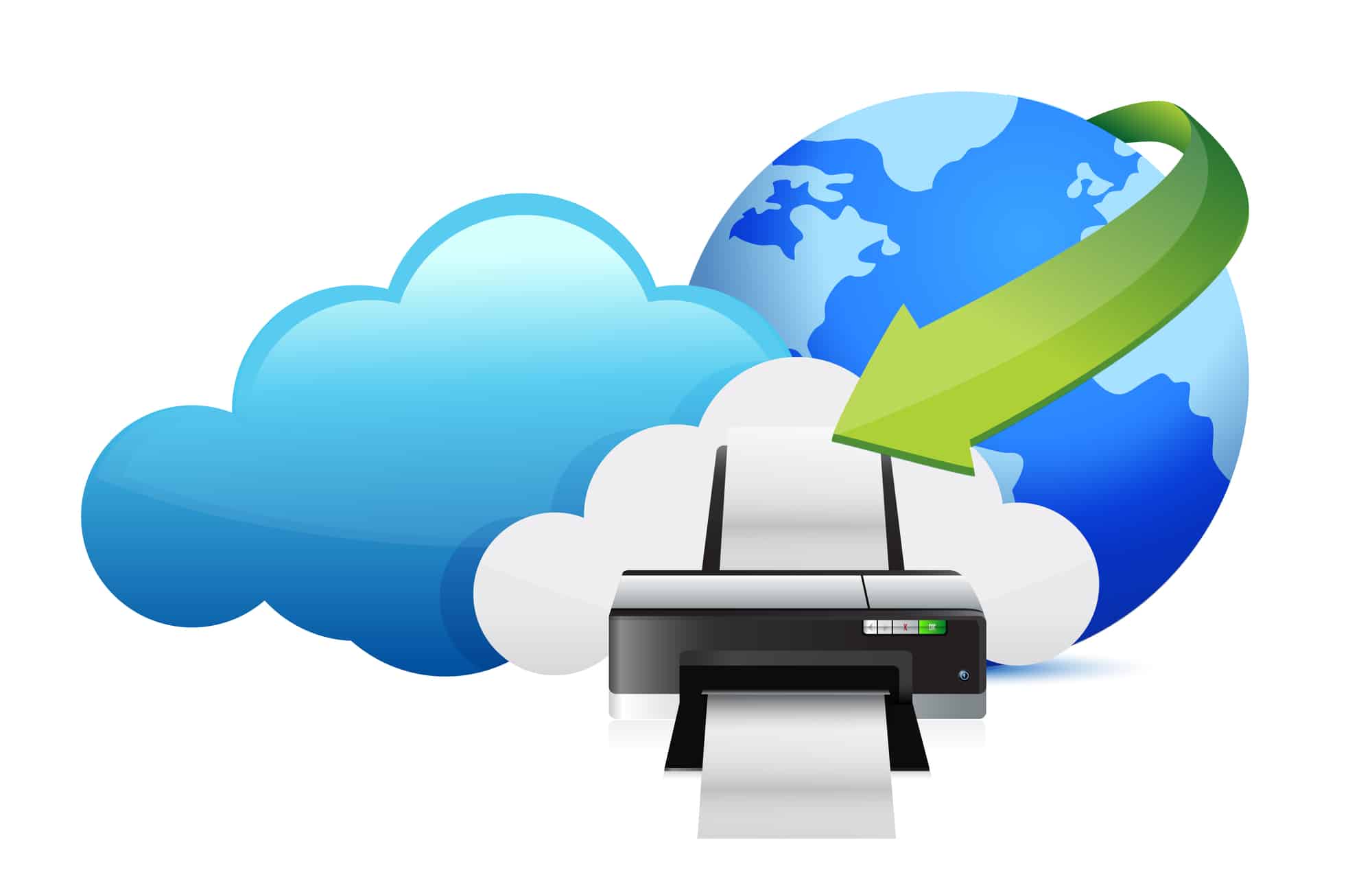
How to select a cyber fraud prevention solution
As large-scale incidents like the Colonial Pipeline ransomware attack and CAM4 data breach have been increasing, security professionals need to integrate tools that fight fraud into their cyber protection plans. Anti-fraud systems have been protecting cyber environments from account hijacking, identity theft, and fraudulent transactions for many years. However, few people know that there are different types of products with specific characteristics.
As its name suggests, a fraud prevention system is meant to detect and prevent fraudulent activities. Financial institutions were the first to use these systems at the beginning of the 2010s, following large-scale attacks that targeted e-banking systems. Later, other sectors, including e-commerce, client loyalty systems, gaming services, contextual ad platforms, and insurance, implemented anti-fraud solutions too. Fraud prevention systems are pivotal whenever online transactions and trade take place.

Biggest tech acquisitions of 2022
The economic downturn of 2022 hasn’t stopped the tech industry from engaging in merger and acquisition activity. Though deals have decreased by 40 percent in the first half of 2022, several firms and solution providers have negotiated pacts of up to billions of dollars.
Most of the acquisition activity is because of the overall decline in the stock market. When prices plunge and company valuations reduce, firms step in to bargain.

The little big bang theory
Does every Digital Transformation (DX) project necessarily need to begin with a 'Big Bang' idea? One that promises suitably explosive results but then, as commonly as not, fails to deliver them?
Absolutely not. Indeed, where DX is concerned, real and lasting success is very often the product of comparatively humble beginnings, more of which I'll explain below…

The roadmap to successful mergers and acquisitions: What you need to know about AD consolidation
As competition hots up, companies are aiming for more transformational change in a crowded market, with many turning to mergers and acquisitions of other players in a bid to achieve that. This shows no signs of slowing down in 2022 and beyond, with 92 percent of corporate respondents anticipating the same or an increase in the deal volume over the next 12 months according to Deloitte.
Whilst the overarching focus is on the financial side, the work going on under the surface to make these mergers a success is monumental, and fraught with difficulties due to the business demands for rapid change. While sometimes overlooked, the role of IT teams during M&As is pivotal in ensuring there is no disruption when it comes to accessing or sharing resources.

Turbulence ahead -- why businesses are still falling short when it comes to data
While nearly everyone knows that data is important, almost no one is able to use it to its full potential. Each and every organization is generating and using data in daily operations but 98 percent of our recent Data Health Barometer survey cohorts in the UK admitted that their organizations are dealing with challenges in using data effectively. Nearly half say it's not easy to use data to drive business impact at all, which is even worse as we head into a period of potential UK-wide economic uncertainty.
The most significant questions for data professionals are whether they have full visibility of all data that is available across their business to help them make reliable decisions according to that data; an understanding of how exactly the data is relevant to the company overall but also to their own individual role in the business; if they know how to use that data to its full potential in an ever-growing competitive business marketplace and have access to the data they need in real-time, wherever it may be.

How long does it take hackers to collect data?
Can you imagine how scary it would be to show up to work one day, ready to dominate, and then BAM! All your confidential files have been stolen, and your computer is now a breeding ground for cyber viruses.
How about if you just launched a new product, which you’ve been advertising for months, and suddenly your website is down, and customers are being redirected to a competitor’s site? Or worse -- you can’t access your online banking account anymore.

Protecting sensitive data in the 'golden age' of cybercrime
Like it or not, the global cybercrime industry has grown at a prolific rate over the last decade, making it harder than ever for organizations to keep sensitive data safe. To put the size of the issue into perspective, a recent IDC report found that around 50 percent of organizations have suffered unrecoverable data loss in the last three years. What’s more, the data also demonstrated how the pandemic turbocharged the issue, with attacks surging by an eye-watering 238 percent between February and April 2020. Simply put, the world seems to be in an extremely worrying 'golden age' of cybercrime at the moment.
As every business knows, a successful cyber-attack can have a devastating effect, potentially costing huge amounts of time and money to resolve, as well as inflicting major reputational damage, should sensitive information be taken or lost. In some cases, the organizations involved never recover.

Using just-in-time credentials to minimize access-based DevOps security risks
While the rapid adoption of DevOps processes has helped companies assume an agile product position in the market, security has lagged. Specifically, DevOps's prioritization of tools and automation has led to an explosion of machine identities that traditional waterfall-based security mechanisms cannot keep pace with.
Verizon's 2021 Data Breach Investigations report highlighted the extent of the problem by revealing that 61 percent of data breaches involved misused credentials data. These breaches are rarely incidents of a malicious actor stealing a human entity's password. Instead, hackers leverage expired or unused machine identities, also known as workload identities, to penetrate networks. As a result, some 92 percent of respondents to a recent Enterprise Strategy Group (ESG) survey indicated that they see workload identities as "critical" or "very important" risks.

How cloud print solutions enhance the hybrid working model
According to Gartner, Inc., as much as 3 percent of a company’s revenue is spent on paper, printing, and other associated costs. This can easily become inefficient over time, compromised by ad hoc expansion, obsolete or mismatched technology and lapsed servicing contracts. Unmanaged print networks cost businesses hundreds of thousands of pounds or more a year in server space, network bandwidth, IT support, hardware maintenance, toner, ink, and energy.
Alongside the financial costs, poor print performance is a threat to commercial agility, user satisfaction, network security and progressive business policy. An organization may also be exposed to breaches and cyber-attacks, leading to hefty fines and a damaged brand reputation.

Reducing quiet quitting in tech
"Quiet quitting" is a growing trend among the Millennial and Gen Z workforce. Rather than being proactive and putting in extra effort, young workers have decided to take the opposite approach and do only what they must at their jobs. They say this approach is an organized response to low wages, poor working conditions and a lack of work/life balance.
Whatever the reason behind quiet quitting, it’s hurting advanced and competitive industries like tech the most. A strong work ethic is a must-have for anyone who wants to succeed in tech. You need to nip this problem in the bud before it impacts your company’s bottom line. Here are five tips to help your tech company reduce quiet quitting and revitalize your workforce.

Tech graduates lack the skills employers need
Despite recent downward pressures on recruitment stemming from fears of what might lie ahead for global economies, huge numbers of tech vacancies remain open across the globe. In the US, tech vacancies to July 2022 were up 49 percent compared to last year, while a ten-year high of 870,000 tech and digital job vacancies in the UK was matched by a steady growth in tech job opportunities in continental Europe.
With employer demand for tech talent still at healthy levels, many of these vacancies can be described as 'hard to fill' with employers reporting difficulty in finding suitable candidates. So what is stopping employers from finding suitable candidates for their jobs? The key here is suitable candidates.

Navigating cyber complexities: Top tips from an ethical hacker for Cybersecurity Awareness Month
October is Cybersecurity Awareness Month, and this year’s overarching theme is "It’s Easy to Stay Safe Online."
While cybersecurity news often centers around massive data breaches and hacks, it can be overwhelming to citizens and consumers who feel powerless against such threats. However, this year’s theme serves as a reminder that we all have a part to play in making the online world a safer place, whether that be at work, home or school.

Four Zero Trust hurdles that organizations are failing to clear
More than a decade after the concept of Zero Trust was first introduced, it’s become one of the biggest buzzwords in the industry. According to Microsoft, 96 percent of security decision-makers believe Zero Trust is ‘critical’ to their organization’s success, with 76 percent in the process of implementation currently.
Zero Trust is on the rise because traditional security models that assume everything inside an organization’s network can be trusted is no longer valid. As enterprises manage their data across multiple applications and environments, on-prem or hosted in the cloud, and as users have more access to data at more interfaces, a network’s perimeter becomes porous and less defined. This causes the threat surface to expand as the edge becomes indefensible. This change has seen many organizations embrace Zero Trust principles to improve their security posture.

How MSPs and IT leaders can optimize cloud costs amid economic headwinds
Lingering recession concerns and sky-high inflation have created a challenging economic environment. Last year, increased consumer demand coupled with supply chain snags gave companies incredibly high pricing power. That appears to be coming to an end, however. As the risk for a coming recession grows, many companies are wrestling with logistical issues fueled by geopolitical tensions, war, and the pandemic.
As businesses navigate increasing economic headwinds, leaders should consider how to optimize IT investments and expenditures to ensure business success during this challenging time.

Why developers hold the key to cloud security
Developer-first security is the future in the cloud -- the responsibility for cloud security rests with developers and DevOps teams, not IT security.
In the days of the on-premise data center and early cloud adoption, the roles of application developers, infrastructure operations, and security were largely siloed. In the cloud, this division of labor increases the time-to-market for innovation, reduces productivity, and invites unnecessary risk.

